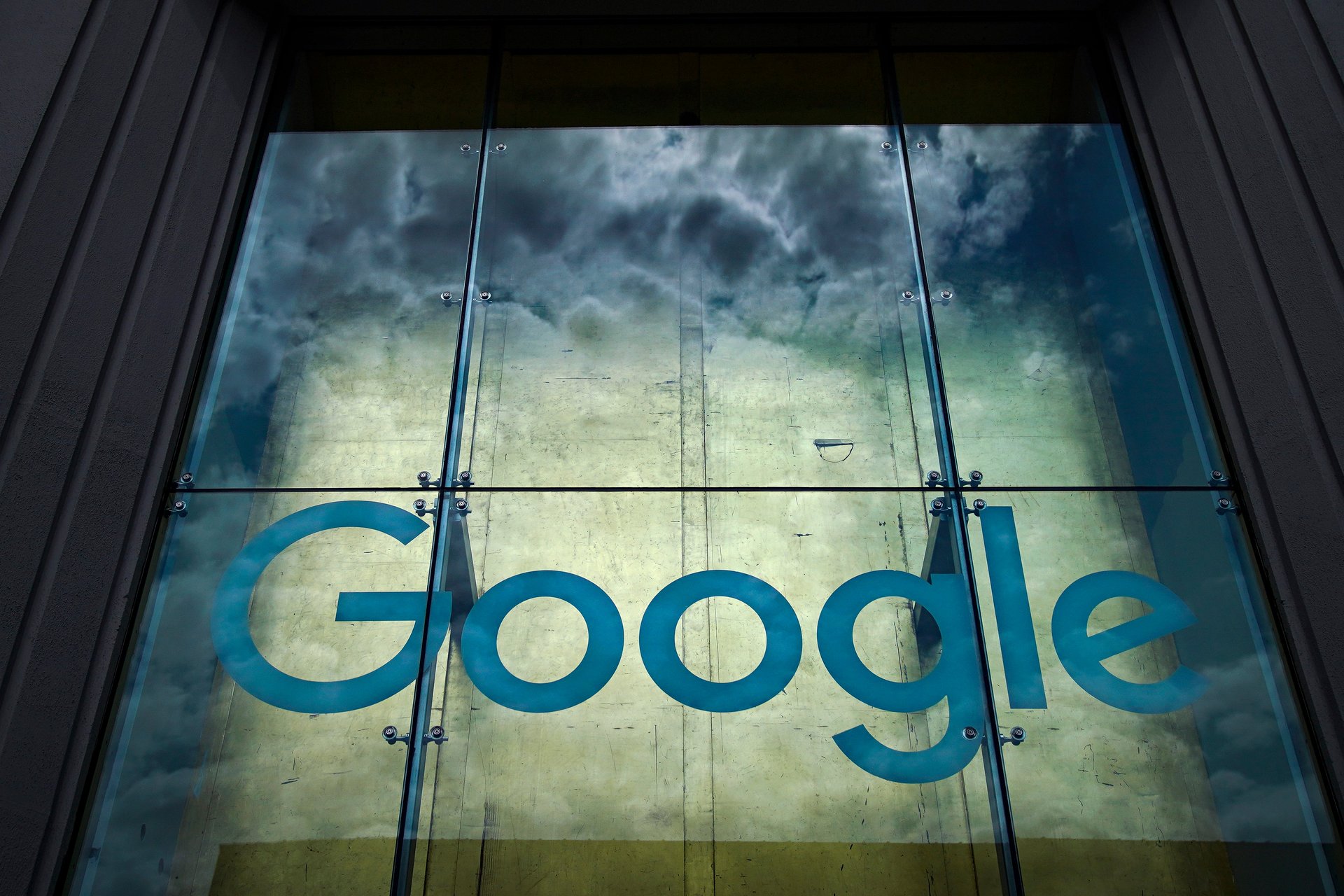Break up Google, DOJ asks judge
The tech giant and the U.S. government were in court to determine what should be done about the company's monopolistic practices

The Justice Department said Monday that it wants a federal judge to break up Google (GOOGL) to address a ruling that found that the Silicon Valley giant has an illegal monopoly in online search — in part by paying web browsers and smartphone manufacturers to feature its search engine.
Suggested Reading
The government asked Judge Amit P. Mehta to force Google to sell its popular Chrome web browser as part of the Justice Department’s opening statement in a three-week hearing that started Monday in the U.S. District Court for the District of Columbia.
Related Content
This move could drastically alter the future of the $1.9 trillion search engine giant.
The Justice Department has asked for other heavy penalties, such as making the company provide rivals with some of its data about what terms people search for and what websites they click on. The government also asked that Mehta preserves the ability to force Google to sell its smartphone operating system, Android, if the proposed remedies don’t restore search competition.
“Your honor, we are not here for a Pyrrhic victory,” Justice Department lawyer David Dahlquist said in court Monday. “This is the time for the court to tell Google and all other monopolists who are out there listening — and they are listening — that there are consequences when you break the antitrust laws.”
That echoes sentiments from the government’s filing on Friday.
“Google’s illegal conduct has created an economic goliath, one that wreaks havoc over the marketplace to ensure that — no matter what occurs — Google always wins,” lawyers wrote. “The American people thus are forced to accept the unbridled demands and shifting, ideological preferences of an economic leviathan in return for a search engine the public may enjoy.”
Google has said it will ultimately appeal Mehta’s ruling in this case, U.S. v Google.
The company’s lawyers said Monday that Mehta should focus more narrowly in his ruling — on the type of deals Google has made with companies such as Apple (AAPL), Mozilla, and Samsung that make its search engine the default. Lead trial lawyer John Schmidtlein said the company’s proposal “directly responds to the this court’s legal determinations, but it also does much more.”
In a blog post last week, Google vice president of regulatory affairs Lee-Anne Mulholland asked the government to allow the company to continue to pay other companies for prime placement, although the company conceded that those agreements would be less restrictive than those in the past. Cellphone makers using Google’s Android operating system could also install other search engines, and users would be able to install Google apps without installing its search tool or its Gemini AI assistant.
“We don’t propose these changes lightly,” Mulholland said. “But we believe that they fully address the court’s findings, and do so without putting Americans’ privacy and security at risk or harming America’s global technology leadership.”
Mehta is expected to order the remedies in the case by the end of the summer.
Google faces other mounting issues, putting the company in an especially vulnerable position. In a separate antitrust case Thursday, a federal judge ruled that the company had illegally maintained a monopoly in some of its online advertising technology. As a result, the company might have to break up its ad operations. And the FTC in Japan recently sent the company a cease-and-desist order after it said Google’s search practices were monopolistic.
Damian Rollison, director of market insights of AI-powered SOCi, told Quartz last week that Google is on the verge of major changes.
“This year will be one where Google’s fate hangs in the balance,” he said. ‘The company stands to lose a lot more in material terms if its ad business, long its main source of revenue, is broken up, whereas divisions like Chrome are more strategically important.”
Any significant restrictions on Google could limit its ability to compete in the AI realm with companies such as OpenAI, Microsoft (MSFT), and Meta (META).
In a separate blog post, Google’s Mulholland called this lawsuit “a backwards-looking case at a time of intense competition and unprecedented innovations.” She added that “with new services like ChatGPT (and foreign competitors like DeepSeek) thriving, DOJ’s sweeping remedy proposals are both unnecessary and harmful.”
Google’s parent company, Alphabet, will report earnings Thursday amid its legal setbacks. While investors are hoping to see continued AI progress and cost control, shares remain down about 20% this year.